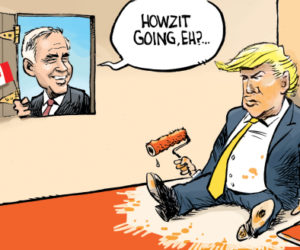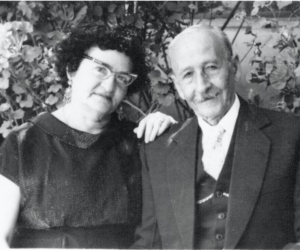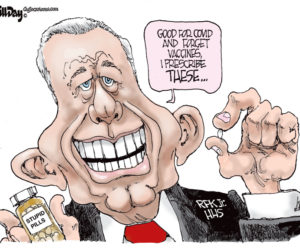
The Moderate Voice occasionally runs Guest Voice posts by readers who don’t have a weblog or have one and have something special to say here. Guest Voice posts do not necessarily reflect the opinion of TMV or its co-bloggers — but they do add to our free-wheeling debate. This is by reader C. Stanley.
Freedom, rights and responsibilities
By C. Stanley
Sunday’s edition of the Atlanta Journal and Constitution contained a rather interesting article reflecting on the centennial anniversary of some particularly nasty racial riots in Atlanta. Apparently most historians agree that the local media of the day had fanned the flames and helped to incite episodes of racial violence. In the 1960s, as racial tensions were again magnified, the editorial staff of the city’s largest newspaper looked back on the media’s role in those previous incidents in order to learn how they might play a less destructive role during their time of unrest.
Self-moderation, self-censorship, or self-restriction, can be laudable in such situations. We might even go so far as to say that one responsibility inherent in our right to free expression is to modulate speech toward sensitivities of the audience, in order to avoid making potentially incendiary statements. Unfortunately that line of reasoning leads to a serious question: where does one draw the line in asking a speaker or writer to censor himself ?
Are we to ask, not only that he avoid making incendiary statements, but that he also should avoid making statements that could be misconstrued as incendiary? Is it really the responsibility of the speaker/writer to parse words according to how his words might be…misinterpreted?
Is there not also a responsibility among listeners and readers, to hear and understand what is actually stated rather than to assume that a broader or different meaning was implied? There is, after all, a difference between implication and inference. It is a mistake to infer meaning that is not consistent with the actual intent of the writer or speaker. The responsibility for that mistake falls on the recipient of the message, not on its bearer.
Our precious freedom of speech carries with it many responsibilities, indeed.
Joe Gandelman is a former fulltime journalist who freelanced in India, Spain, Bangladesh and Cypress writing for publications such as the Christian Science Monitor and Newsweek. He also did radio reports from Madrid for NPR’s All Things Considered. He has worked on two U.S. newspapers and quit the news biz in 1990 to go into entertainment. He also has written for The Week and several online publications, did a column for Cagle Cartoons Syndicate and has appeared on CNN.
















